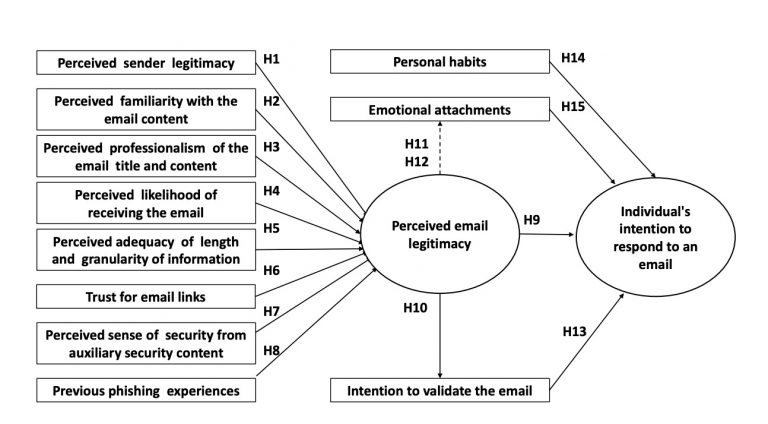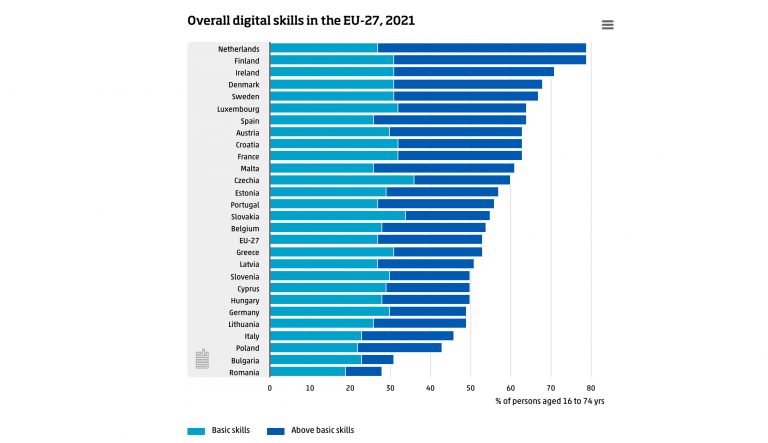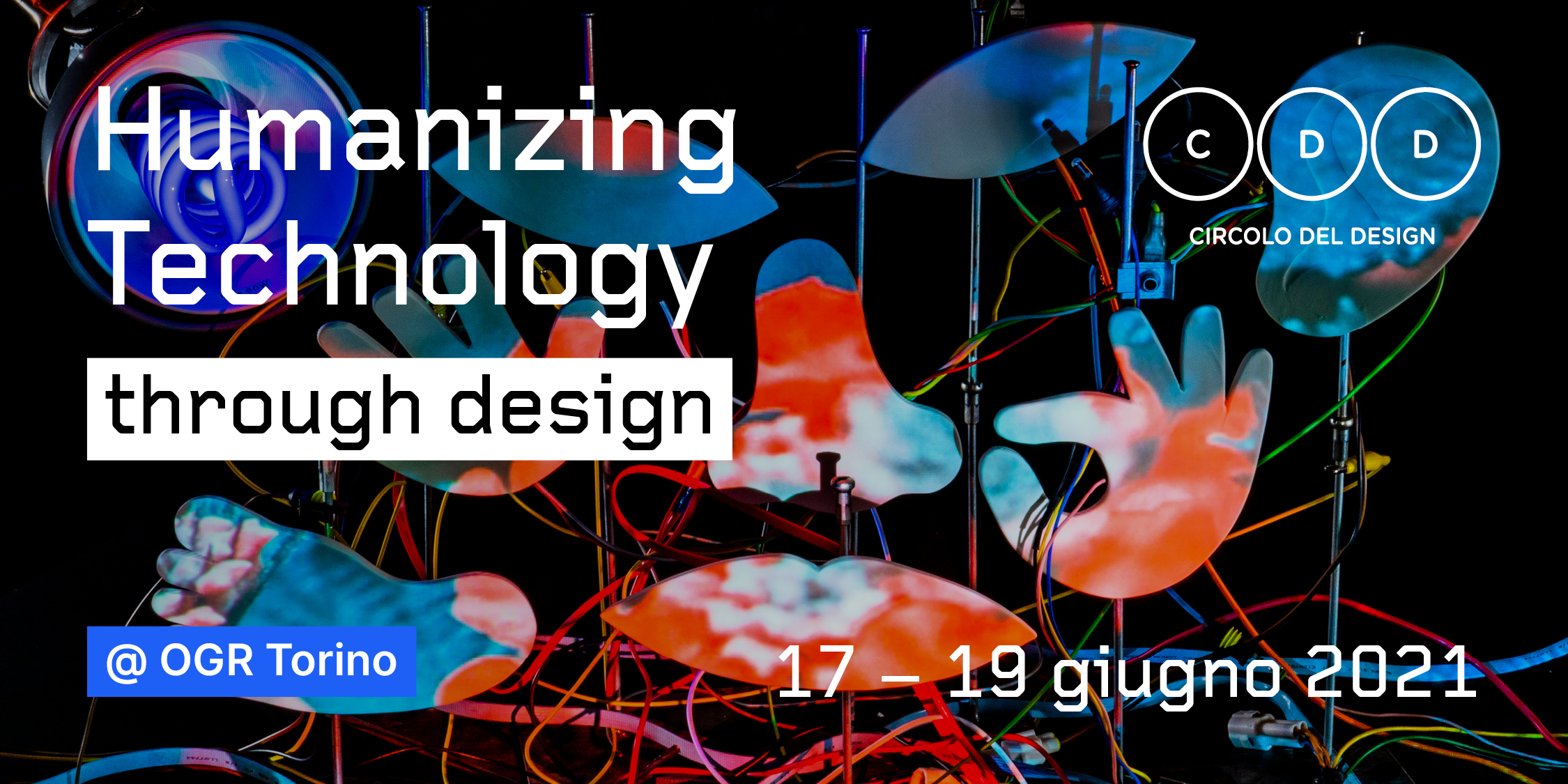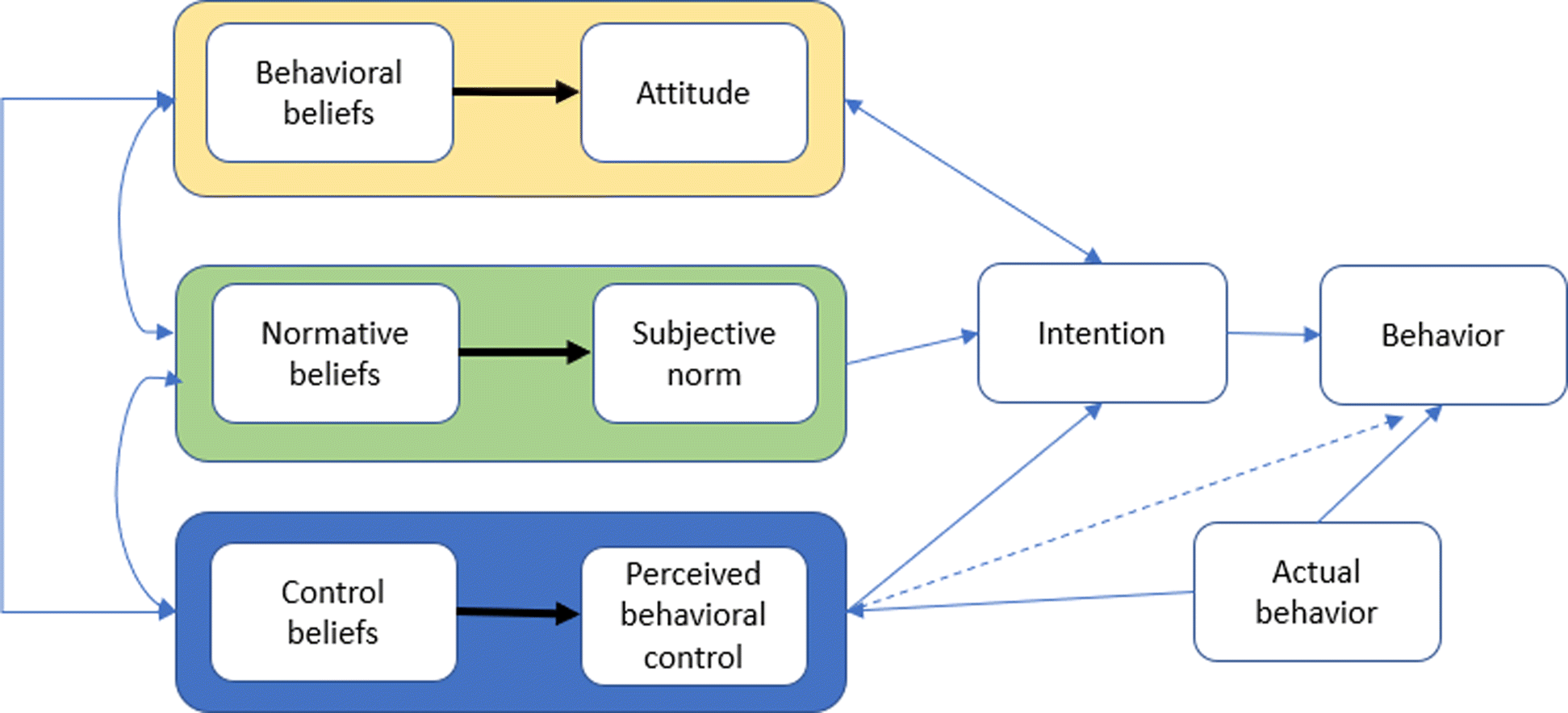
Love and Technology: An Ethnography of Dating App Users in Berlin by Fabian BroekerRoutledgeDecember 2023, 192 pages Love and Technology: An Ethnography of Dating App Users in Berlin explores how dating apps fit into Berlin’s unique dating culture and brand of intimacy…

This paper features an in-depth investigation on how people make email response decisions while reading their emails. The authors proposed five concrete enhancements to state-of-the-art anti-phishing education, training, and awareness tools to support users in making safe email responses.

Trust depends on perceptions of whether sociotechnical systems are seen as beneficial and well-governed as well as whether they work as their designers expect.

In an article for Communications of the ACM, David Geer explains how the U.S. Defense Department uses cyberpsychology to get into the minds of attackers to better understand how they think and act.

For the first time in 28 years of JD Power’s car owner survey, there is a consecutive year-over-year decline in satisfaction, with most of the ire directed toward in-car infotainment, writes Andrew J. Hawkins in The Verge.

Dutch and European research highlights the struggles of Europeans (incl. the Dutch) in accessing financial services in an increasingly digital society. A new Italian initiative, the Polis Project, seeks to do something about it.
But, besides the fairly low 54 percent EU average, a new study by the Dutch National Bank (reported on yesterday by De Volkskrant, a Dutch daily newspaper) highlights how the Dutch 80% number camouflages the real difficulties many Dutch have with financial services in an increasingly digital society.

Samsung US newsroom published an interview with Federico Casalegno, Executive Vice President of Design and Head of Samsung Design Innovation Center; Mark Benson, Head of Samsung SmartThings U.S.; and Inhee Chung, Vice President of the Corporate Sustainability Center to discuss how Samsung’s philosophy of prioritizing more seamless connected experiences is driving the innovation behind its latest products.

This book examines emerging automated technologies and systems and the increasingly prominent roles that each plays in our lives and our imagined futures.

Data centers are destroying the natural world, writes anthropologist Steven Gonzalez Monserrate in Wired. But is the cloud an inherently unsustainable paradigm? He foresees three possible pathways for remaking the cloud into something more sustainable for future generations.

How can freedom and democracy survive in a world of powerful digital technologies?

A report by researchers at New York University warns that biometric and other digital ID systems that are increasingly linked to large-scale human rights violations, especially in the Global South.

The first book to take an interdisciplinary and international approach to understanding how our everyday lives are being affected by automated decision-making.

It’s easy to assume that because some data is “personal”, protecting it is a private matter. But privacy is both a personal and a collective affair, because data is rarely used on an individual basis, writes Carissa Véliz in the New Statesman.

A vivid look at China’s shifting place in the global political economy of technology production by ethnographer Silvia M. Lindtner

Conspiracy theories and misinformation about QAnon, COVID-19 and 2020 election fraud took a deadly turn in 2021. As bad as things were last year, experts worry it'll get worse in 2022.

People care and act to manage their privacy, but face steep psychological and economic hurdles that make not just desired, but also desirable privacy nearly unattainable. Approaches to privacy management that rely purely on market forces and consumer responsibilization have failed.
- AI, Conference, Education, Educational services, Experientia, Experientia, Health, Healthcare, Italy, Jan-Christoph Zoels, Mobility, Public services, Technology (general), Turin

Curated by Experientia partner Jan-Christoph Zoels and Sara Fortunati, director of the Torino Circle of Design, the conference dealt with the best international practices about the humanization of technology. It was structured into six different thematic sessions: ethics, public services, healthcare, AI, mobility and learning. All videos are now available, with English subtitles.

Since the majority of cyber incidents are human enabled, this shift requires expanding research to underexplored areas such as behavioral aspects of cybersecurity. This paper provides a review of relevant theories and principles, and gives insights including an interdisciplinary framework that combines behavioral cybersecurity, human factors, and modeling and simulation.

CyberBitsEtc. is a website and blog by Ganna Pogrebna (Professor of Behavioural Economics and Data Science, Fellow at the Alan Turing Institute) and Boris Taratine (Cyber Security Architect and Visionary) that focuses a lot on the human aspects of cyber security, in particular behavioural design, psychology and behavioural sciences.

In a world shaped by one AI, artificial intelligence, we need a second AI, too — anthropology intelligence, writes Gillian Tett in the Financial Times.




















